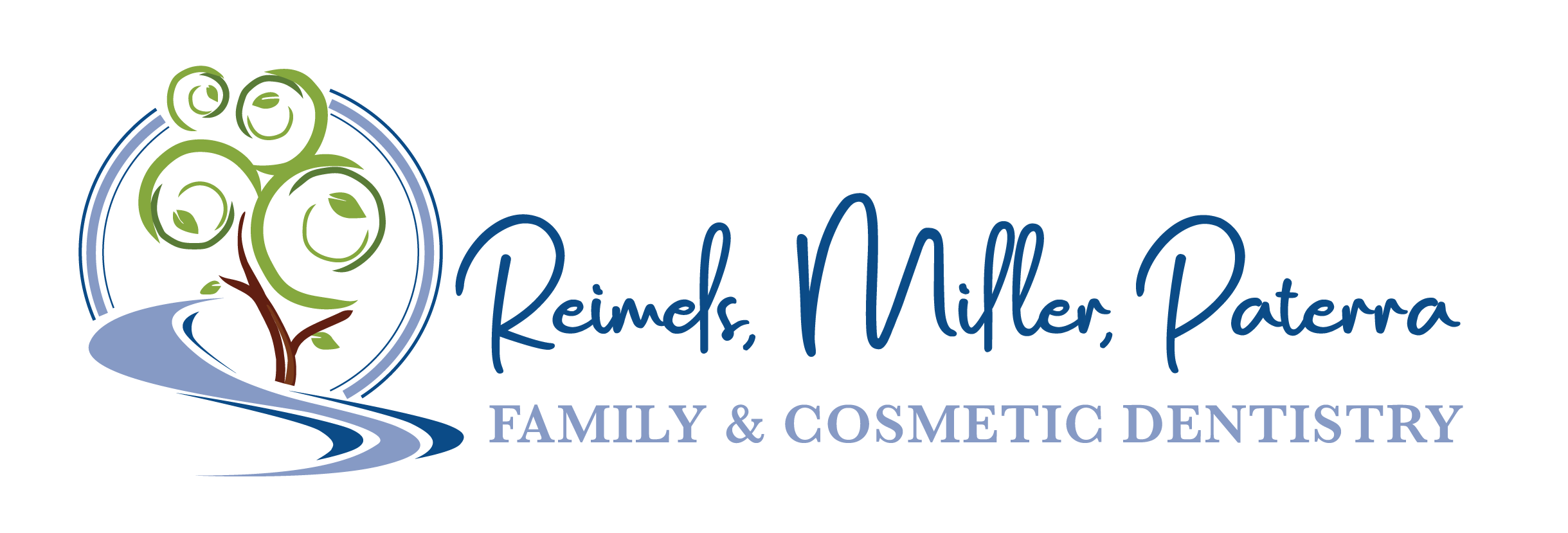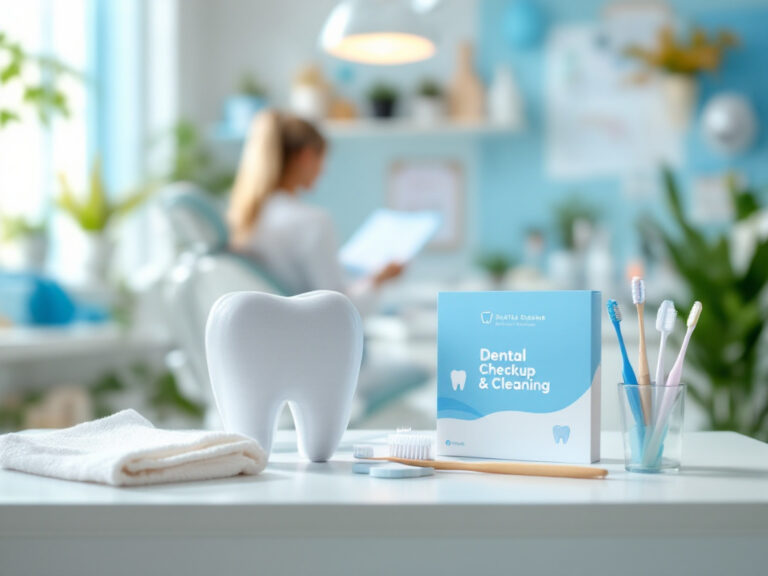Understanding TMJ Disorders
Temporomandibular joint (TMJ) disorders, often referred to as TMD (temporomandibular disorders), can significantly impact your quality of life. They cause discomfort in the jaw joint and the muscles that control jaw movement.
Causes of TMJ Disorders
TMJ disorders can arise from various factors. Understanding these causes can help in seeking appropriate treatment.
- Teeth Clenching and Grinding: Habits like clenching or grinding your teeth, often due to stress or anxiety, can put significant strain on your jaw muscles and joints.
- Physical Injury: Trauma or injury to the jaw or neck can result in TMJ disorders.
- Arthritis: Conditions like osteoarthritis or rheumatoid arthritis can deteriorate the cartilage in the TMJ, leading to dysfunction.
- Fibromyalgia: This widespread pain condition can also affect the jaw muscles.
- Stress: Increased stress levels can cause muscle tension, which may exacerbate jaw pain.
According to Mayo Clinic, self-managed home care, physical therapy, mouth guards, and in severe cases, surgery, can help manage TMJ symptoms.
Symptoms of TMJ Disorders
Recognizing the symptoms early can prompt timely and effective treatment. Here are some common signs of TMJ disorders:
| Symptom | Description |
|---|---|
| Jaw Pain | Discomfort or tenderness in the jaw joint and muscles |
| Facial Pain | Pain around the temples or in front of the ears |
| Difficulty Chewing | Discomfort or pain while chewing or biting |
| Lockjaw | Inability to open or close the mouth fully |
| Clicking or Popping Sound | Sounds when opening or closing the mouth |
According to Cleveland Clinic, around 12 million Americans are affected by TMD, with females being twice as likely to experience these disorders.
For more information on managing TMJ disorders and approved treatments like Aetna’s, explore our detailed guides on tmj disorder treatment covered by aetna and bcbs dentist for tmj treatment.
Treatment Options for TMJ Disorders
Noninvasive Treatments
Noninvasive treatments are often the first line of defense in managing TMJ disorders (TMD). These methods prioritize minimizing discomfort and improving jaw function without the need for surgical interventions.
Physical Therapy
Physical therapy can help in alleviating TMD symptoms by strengthening the jaw muscles and improving joint mobility. This can include exercises specifically designed for TMD as well as manual therapy techniques.
Occlusal Splints
Occlusal splints, or bite guards, are custom-fitted dental appliances that help to manage jaw clenching or teeth grinding. These devices can reduce strain on the jaw muscles and joints by ensuring proper alignment. You can explore more about occlusal splints covered by insurance.
Lifestyle Modifications
Modifying certain behaviors and habits, such as avoiding hard or chewy foods, practicing good posture, and reducing stress, can greatly contribute to the management of TMD.
| Noninvasive Treatment | Description |
|---|---|
| Physical Therapy | Exercises and manual therapy to strengthen jaw muscles. |
| Occlusal Splints | Custom-made dental appliances to reduce strain. |
| Lifestyle Modifications | Behavior changes to avoid exacerbating symptoms. |
Surgical Interventions
When noninvasive treatments do not provide sufficient relief, surgical options may be considered. These procedures vary in complexity and are typically recommended based on the severity of your condition.
Arthrocentesis
Arthrocentesis involves flushing out the joint using sterile fluid to remove debris and inflammatory byproducts. This minimally invasive procedure can help improve joint function and reduce pain.
Arthroscopy
Arthroscopy is a minimally invasive surgical procedure where a small camera (arthroscope) is inserted into the joint. This allows for direct visualization and treatment of the affected area.
Open-Joint Surgery
For severe cases, open-joint surgery may be necessary. This involves opening the TMJ to repair or replace the joint. Given its complexity, this option is typically considered only when other treatments have failed.
For advanced cases, consult a healthcare provider to find an in-network TMJ dentist for jaw pain.
Medications for TMJ
Medications can play a significant role in managing the symptoms of TMD. They can help ease pain, reduce swelling, and relieve muscle tension.
Pain Relievers
Over-the-counter or prescription pain relievers can be effective in managing the discomfort associated with TMD.
Muscle Relaxants
Muscle relaxants are often prescribed to reduce muscle spasms and pain in the jaw area.
Anti-Inflammatories
Nonsteroidal anti-inflammatory drugs (NSAIDs) can be used to reduce inflammation and pain in the jaw joint.
| Medication Type | Purpose |
|---|---|
| Pain Relievers | Eases discomfort |
| Muscle Relaxants | Reduces spasms |
| Anti-Inflammatories | Minimizes inflammation |
When deciding on the appropriate treatment plan for your TMJ disorder, consider exploring options that are covered by your insurance. For specialized care, consult with your provider to find an Aetna-approved TMJ dysfunction treatment.
Importance of Early Diagnosis
Benefits of Early Treatment
Early diagnosis of TMJ disorders (TMD) is crucial for effective treatment and can significantly improve your quality of life. According to the Cleveland Clinic, identifying and treating TMD early can prevent the condition from becoming chronic and significantly reduce symptoms like jaw pain, headaches, and difficulty chewing.
Early treatment can lessen the severity of symptoms and often prevent long-term complications. By managing discomfort before it escalates, you can maintain better overall health and enjoy everyday activities without the constant burden of TMJ pain.
Managing and Curing TMD
The right treatment at the right time can make TMD manageable and even curable (Cleveland Clinic). Treatment options range from physical therapy and splints to medications and, in severe cases, surgical interventions. With a comprehensive treatment plan, many individuals experience restored jaw function and significant relief from symptoms.
For those seeking care in Huntersville, NC, a premium full-service dentistry can offer advanced, minimally invasive treatments tailored to your specific needs. These treatments can include custom night guards, physical therapy, and other non-invasive solutions covered by major insurances like MetLife and BCBS.
| Treatment Options | Expected Outcomes |
|---|---|
| Custom Night Guards | Reduces teeth grinding and jaw tension |
| Physical Therapy | Improves jaw muscle strength and flexibility |
| Medications | Alleviates pain and reduces inflammation |
| Surgical Interventions | Corrects structural issues |
Properly managing TMD involves regular consultation with a jaw pain specialist. For patients with insurance plans such as Aetna or Delta Dental, finding an in-network provider can ensure that you receive the best care with minimal out-of-pocket expenses. Regular follow-ups and continuous management can also prevent recurrences, securing long-term relief and functionality. For more detailed information on approved treatments, visit our page on aetna approved tmj dysfunction treatment.
Seeking Professional Help for TMJ
Finding effective treatment for Temporomandibular Joint (TMJ) disorders often requires seeking professional help. Understanding the process of consulting healthcare providers and choosing the right treatment facility is essential for managing and potentially curing TMD (Cleveland Clinic).
Consulting Healthcare Providers
If you experience symptoms such as jaw pain, clicking, or stiffness, it is crucial to consult a healthcare provider promptly (Cleveland Clinic). Early diagnosis and intervention can significantly improve treatment outcomes.
When consulting a healthcare provider, consider the following steps:
- Initial Consultation: Schedule an appointment with your primary care physician or a dentist specializing in TMJ disorders. They will conduct a thorough examination to diagnose the underlying cause of your symptoms.
- Specialist Referral: Depending on your diagnosis, you may be referred to a TMJ specialist, such as an oral and maxillofacial surgeon, orthodontist, or rheumatologist.
- Treatment Plan: Work with your healthcare provider to develop a comprehensive treatment plan tailored to your specific needs. This plan may include noninvasive treatments, surgical interventions, or medications.
For insurance-related inquiries, you can explore options like Aetna approved TMJ dysfunction treatment and BCBS dentist for TMJ treatment.
Choosing the Right Treatment Facility
Selecting the right treatment facility is crucial for receiving high-quality care for TMJ disorders. Here are key considerations to keep in mind:
- Expertise and Specialization: Look for facilities specializing in TMJ treatment. These facilities typically have experienced professionals who understand the complexities of TMD and offer advanced treatment options.
- Technology and Modern Practices: Choose a facility that utilizes modern, minimally invasive techniques and state-of-the-art technology for accurate diagnosis and effective treatment.
- Comprehensive Services: Opt for a full-service dental practice that offers a wide range of services, from preventive care to advanced procedures like implants, veneers, and root canals. A comprehensive approach ensures continuity of care and convenience.
- Insurance Compatibility: Ensure that the facility accepts your dental insurance plan. Many practices work with major insurance providers, including Aetna, BCBS, MetLife, and Delta Dental. You can find more information on insurance accepted for facial pain and TMD and Delta Dental TMJ coverage approved providers.
| Criteria | Importance |
|---|---|
| Expertise and Specialization | High |
| Technology and Modern Practices | High |
| Comprehensive Services | High |
| Insurance Compatibility | High |
For example, if you’re looking for TMD therapy with Blue Cross Blue Shield, you can find specialized information here.
By consulting knowledgeable healthcare providers and selecting a reputable treatment facility, you can effectively manage and treat TMJ disorders. This ensures a better quality of life through improved jaw function and reduced pain.
Comprehensive TMJ Treatment Services
Modern Approach to TMJ Care
In Huntersville, NC, TMJ care has evolved significantly, offering a variety of modern, minimally invasive treatments. Understanding the latest advancements is crucial for selecting the best approach to manage your TMJ Dysfunction effectively. One in eight individuals experiences TMD in the U.S., with many benefiting from cutting-edge treatment protocols (Cleveland Clinic).
| Treatment Type | Description |
|---|---|
| Physical Therapy | Involves exercises to strengthen jaw muscles, improve flexibility, and reduce pain. |
| Orthotic Devices | Custom-fitted mouthguards or splints that stabilize the jaw and reduce strain. |
| Botox Injections | Temporarily paralyze specific jaw muscles to relieve pain and reduce muscle activity. |
| Cognitive Behavioral Therapy (CBT) | Addresses stress and habits that may exacerbate TMD symptoms. |
| Acoustic Shockwave Therapy | Promotes healing and reduces pain through noninvasive sonic waves. |
For those with comprehensive dental insurance like Aetna, many of these treatments are covered. Check for providers offering aetna-approved TMJ dysfunction treatment to ensure your treatment is both effective and cost-efficient.
Specialized Treatments for TMJ Dysfunction
With specialized care, TMJ treatment becomes more personalized, targeting the unique needs of each patient. Advanced procedures go beyond conventional methods, offering customized solutions that provide relief and restore jaw functionality.
| Treatment Type | Specialization |
|---|---|
| Arthrocentesis | Minimally invasive procedure to flush out joint inflammation. |
| Arthroscopy | Small incisions for direct access to the affected TMJ, offering precise treatment. |
| Electromyographic (EMG) Analysis | Measures muscle activity to diagnose and tailor treatments accurately. |
| Laser Therapy | Reduces inflammation and pain using targeted laser technology. |
| Platelet-Rich Plasma (PRP) Therapy | Utilizes your own plasma for faster healing and recovery. |
These specialized treatments, often combining state-of-the-art technology and professional expertise, are available at premium dental practices. Explore options that accept a variety of insurance plans such as:
- tmd therapy with blue cross blue shield insurance
- in-network tmj dentist for jaw pain
- metlife insurance tmj specialist
If you’re in Huntersville, NC, and seeking top-tier TMJ care, consulting with a jaw pain specialist with an Aetna dental plan can provide you with the quality care and relief you deserve. Choose a practice that caters to your needs by offering advanced, minimally invasive treatments to ensure you receive the best possible care.








